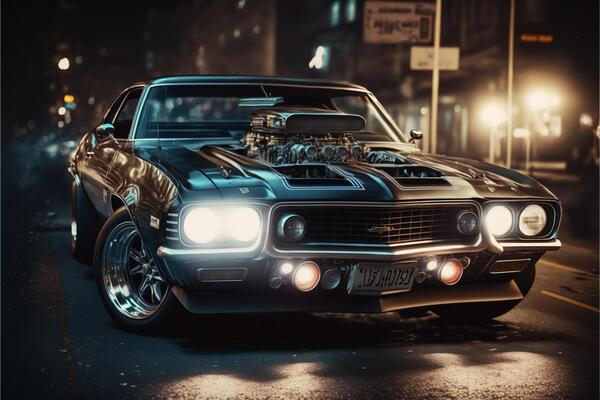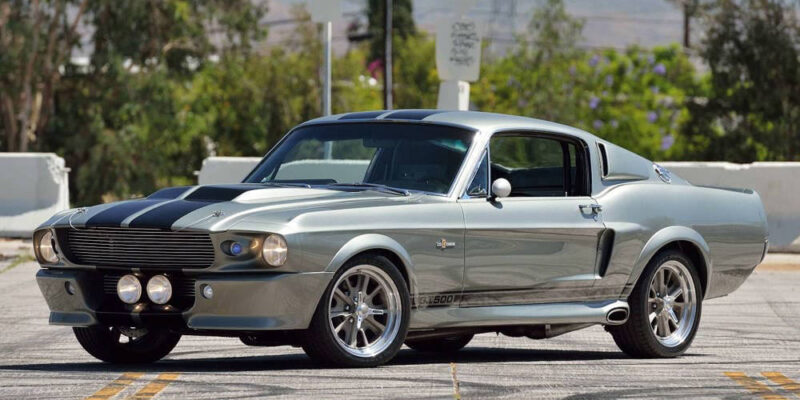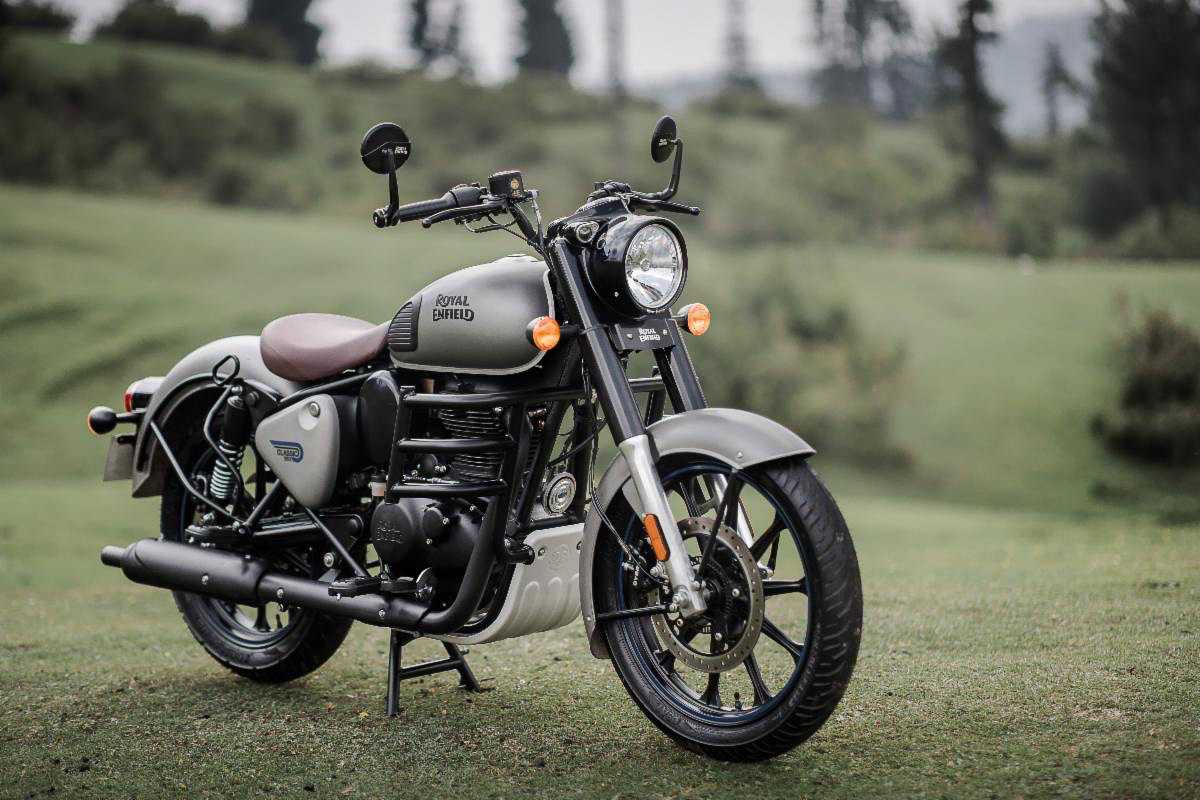What makes classic muscle cars so irresistible? It’s their timeless design, raw power, and undeniable charm. These iconic vehicles capture the spirit of an unforgettable automotive era. Let’s explore everything you need to know about buying a vintage muscle car.
Understanding the Appeal of Classic Muscle Cars
The search for old school muscle cars for sale is driven by a deep appreciation for their heritage. These vehicles offer a unique combination of performance, aesthetics, and nostalgia. Muscle cars from the 1960s and 70s are known for their powerful engines and bold designs. Models like the Ford Mustang, Chevrolet Camaro, and Dodge Charger defined this golden age of American performance. Owning one isn’t just about driving—it’s about preserving a piece of history.
Classic muscle cars also represent individuality. They stand out in a world dominated by modern vehicles. With their roaring engines and sleek lines, they make a statement wherever they go. For enthusiasts, they’re more than cars; they’re an enduring passion.
What to Consider Before Making a Purchase

Buying a classic muscle car requires careful planning. These cars are an investment, so it’s essential to evaluate all factors before committing.
- Budget: Include purchase price, restoration, insurance, and maintenance costs.
- Condition: Decide between a fully restored car or one needing restoration.
- Authenticity: Check for matching numbers and original parts.
- Model Popularity: Popular models may cost more but retain their value better.
- Purpose: Decide if the vehicle is for daily driving, shows, or collecting.
These considerations can help you refine your search and make an informed decision. Understanding the car’s purpose and history ensures you’re buying something that aligns with your goals.
Where to Find Classic Muscle Cars
Knowing where to search is key to finding the right car. Various platforms and communities cater to muscle car enthusiasts. Auctions are an excellent place to find rare models. Online marketplaces provide a wide selection of buyers.
Local car clubs are also valuable resources. Members often have insider knowledge about cars for sale or upcoming events. Classic car dealerships can offer certified vehicles with verified histories. Exploring these options increases the likelihood of finding a great deal.
Inspecting the Car: What to Look For
A thorough inspection is crucial as it ensures you’re getting a vehicle worth the investment. Focus on the car’s overall condition. Check for rust, especially in hidden areas like the undercarriage or wheel wells. Examine the paint job for consistency and quality. Inspect the engine to confirm it’s running smoothly and matches the car’s original specifications.
Verify the car’s documentation. This includes the VIN, maintenance records, and any restoration history. For added assurance, consider hiring a professional inspector. Their expertise can help you identify potential issues or hidden problems.
Maintenance and Ownership Tips
Owning a classic muscle car requires commitment. Regular maintenance keeps the car in top condition and preserves its value. Schedule routine oil changes, brake checks, and tire inspections. Store the car in a clean, dry space to protect it from moisture and extreme temperatures. Use covers to shield it from dust and potential scratches.
Drive the car occasionally to keep its systems functional. Prolonged inactivity can lead to issues like dried-out seals or battery drain. Joining a car club can also help you connect with other enthusiasts for tips and resources. Proper care ensures your investment remains enjoyable for years.
Classic muscle cars are more than just vehicles; they’re icons of automotive history. The search for old school muscle cars for sale is fueled by a desire for power, style, and nostalgia. From selecting the right model to maintaining its legacy, owning one is a rewarding experience. These cars represent a timeless passion for the open road. For those ready to embrace the thrill, the journey begins with finding the perfect ride.













Comments